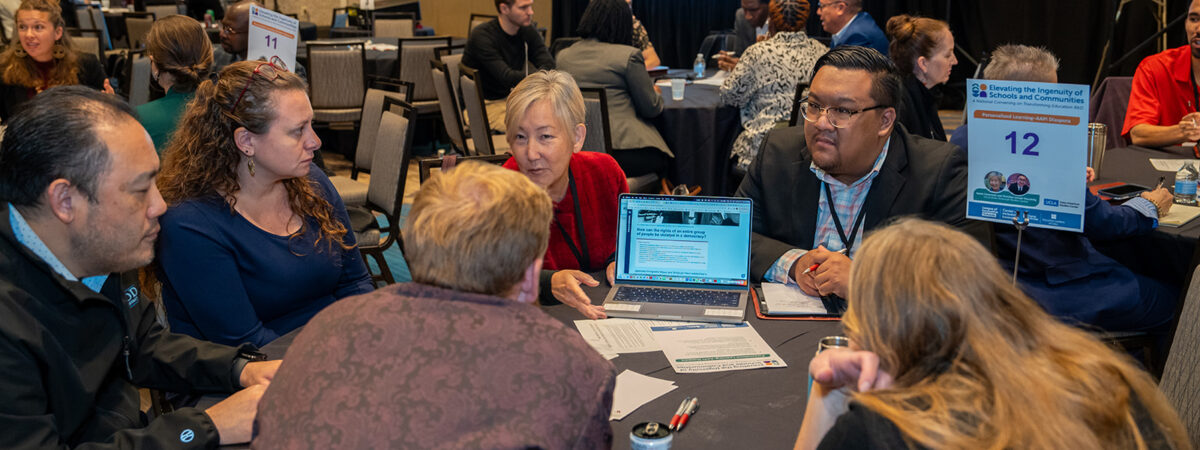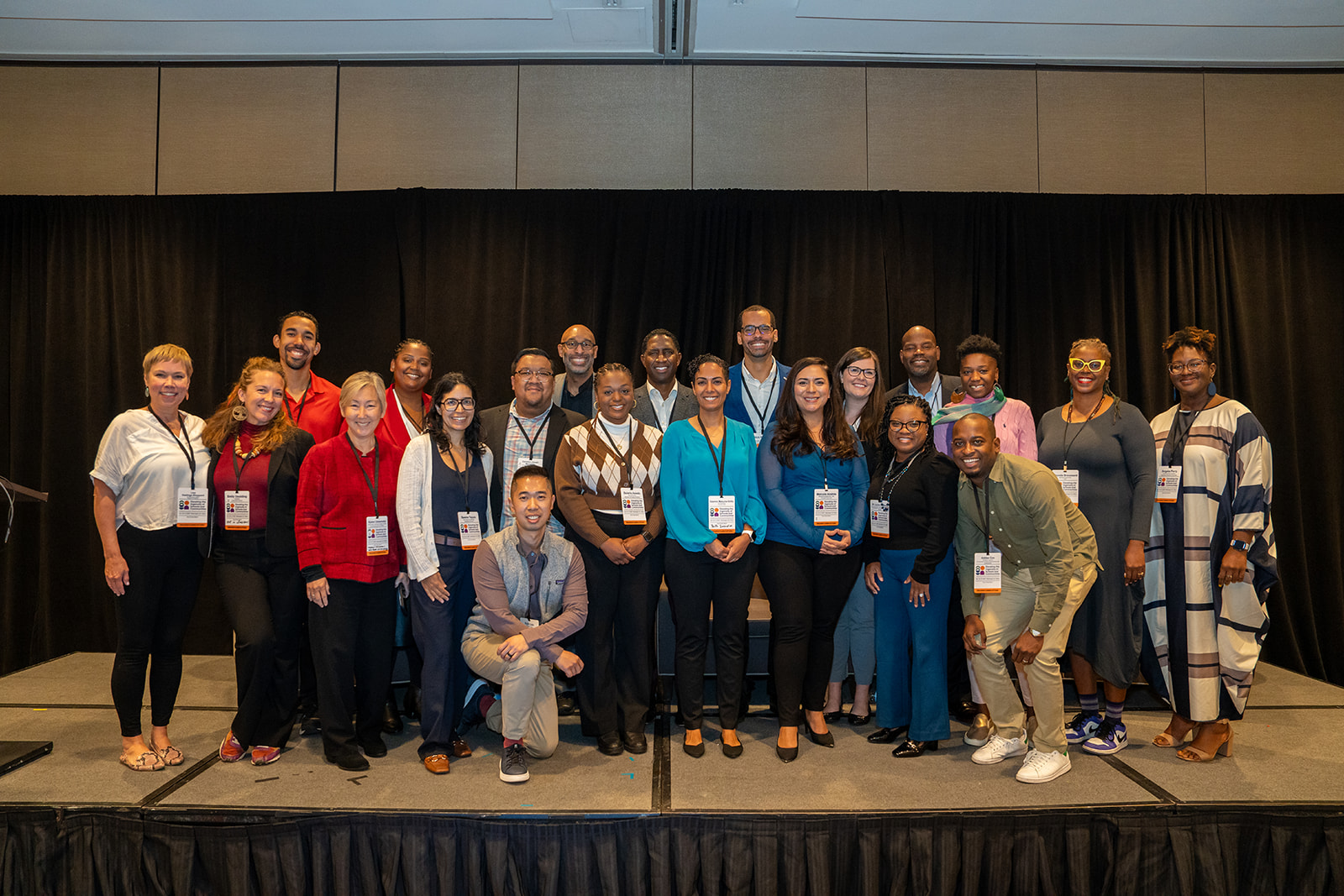
The Center for Inclusive Innovation’s “Elevating the Ingenuity of Schools and Communities National Convening on Transforming Education R&D” convening outside of Washington, D.C., brought together district leaders, researchers, students, solution providers, practitioners, and community members to demonstrate the work of inclusive innovation and R&D in the field.
One of the highly anticipated segments was the opportunity to elevate BIPOC solution providers and developers who are often hidden in plain sight. Emphasizing solutions for historically and systematically excluded students (HSE) is not just important for inclusivity—it is vital to the well-being of HSE learners. Involving solution providers and developers from these communities in the creation of educational solutions is critical to ensuring their representation and leveraging their contextual and content expertise. As part of the convening experience, we wanted to bridge the gap between school districts and the solution providers, providing access to tools, programs, and services tailored to meet the specific needs of HSE learners.
To address these ambitious goals, we partnered with Education Leaders of Color (EdLoC), to curate an amazing group of leaders who are transforming education with innovative tools, programs, and services. EdLoC is a membership organization dedicated to ensuring “young people of color have the support they need to thrive, capitalize on opportunities, and build generational wealth.”
Over the two-day event, solution providers and developers connected with diverse decision-makers in education, raised awareness of their services or products, and showcased how their solutions are transforming education outcomes.

To learn more about the Center for Inclusive Innovation’s work to bridge the gap and facilitate collaboration and engagement between BIPOC solution providers and district leaders, read our recent report, “Hidden in Plain Sight: The Opportunity to Bridge District Equity Gaps by Fostering Collaborations with BIPOC Solution Providers,” which focuses on the experiences and perspectives of BIPOC solution providers and district leaders navigating the education landscape and highlights factors to consider in overcoming barriers to partnerships.